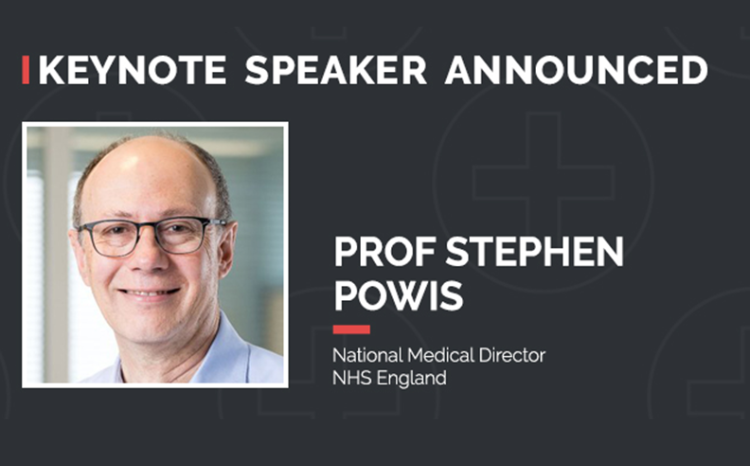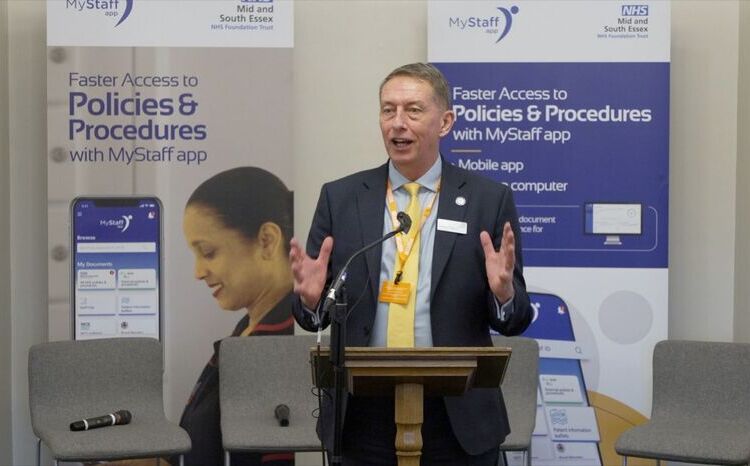GATOR aid to online health search
- 27 May 2010
Researchers at the University of Florida have come up with an acronym to help people find the most accurate health information when searching online.
The researchers have put forward ‘GATOR’ as an acronym that also reminds people of the dangers they may face if they use the internet for health advice without adopting appropriate safeguards.
The letters stand for: Genuine, Accurate, Trustworthy, Originates from a reliable source and Readable.
A research review published in the Journal of Clinical Nursing found that 86% of adult patients use the internet to get answers to health related questions, but only 28-41% consult their primary healthcare providers about the information that they find out.
Dr Bryan Weber, associate professor from the University’s College of Nursing, said: “The discrepancy suggests that the majority of users accept web-based information in lieu of professional advice.
“That’s why we’ve developed the acronym, to help patients to find and evaluate health information while avoiding the negative consequences from trying unsafe recommendations drawn from untrustworthy sites.”
The researchers advise people not to undertake general searches but to use reputable and frequently updated sites.
They also encourage patents to discuss the information that they find on the internet with healthcare professionals, rather than using it as a substitute for professional medical advice.
Dr Weber adds: “The big problem is that health sites are not regulated and it is down to the company or individual running the site to determine how accurate, responsible and frequently updated any information is.
“Added to that, the majority of patients don’t have the medical knowledge to evaluate the reliability of the advice they are being given.”
Link: Journal of Clinical Nursing




